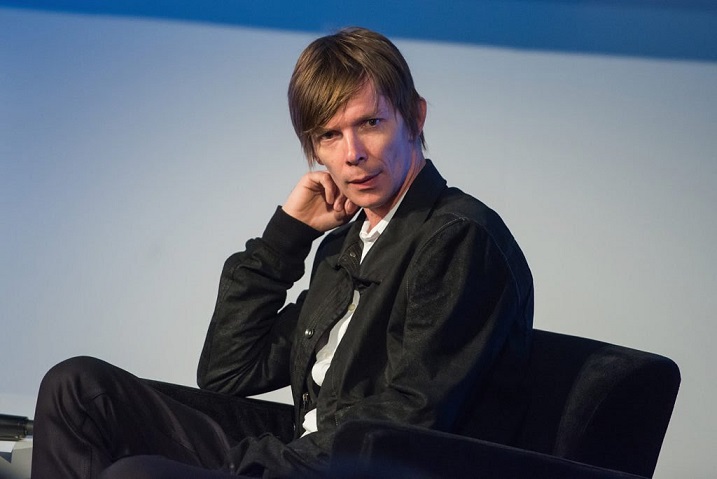The embattled director of the over-budget exhibition says he was excluded—and gagged—during independent audit.

documenta 14 Artistic director Adam Szymczyk claims he was not given access to the auditor's report regarding the quinquennial's deficit. Photo by Michael Stewart/Getty Images
The embattled artistic director of documenta 14, Adam Szymczyk, is upset that he and the chief executive of the exhibition held in Kassel and Athens have been kept in the dark. On November 15, the independent auditor PricewaterhouseCooper (PwC) presented its findings at a board meeting for documenta’s parent company and shareholders, delivering a final answer to the $6.3 million question “Where did the money go?” Excluded from the crucial presentation was the one person who made many of the exhibition’s budgetary decisions: Szymczyk himself, he tells artnet News.
And he is not pleased. When we asked for his comment on the report’s conclusion, Szymczyk replied with a sarcastic email, saying: “I think it’s better to ask Mayor of Kassel and PwC what happened in Athens. They have not been there, but obviously they have a knowledge I don’t possess, (…) especially that the report wasn’t shared with me or CEO.”
In fact, Szymczyk says he found out about the content of the meeting from the media. “I read about the report and the board meeting in the HNA article published immediately after [it] had ended,” he told artnet News.
The report had not been shared in its entirety with the chief executive and chief financial officer of documenta gGmbH prior to the meeting, and the auditor’s conclusion has already been reported by the media immediately after, leaving them no time to respond.
According to the audit, the primary cause of the €5.4 million ($6.3 million) deficit was the quinquennial’s satellite show in Athens, which burned through the 14th edition’s already increased budget. Had it not been for Athens, the report concluded, documenta would have ended the year with a profit.
But Szymczyk questioned the way that meeting was conducted, and whether the board should have been given access to the full report in advance. “You can’t study and analyze a complex multi-page document with financial details during the same meeting you should debate it.”
At the time of publishing, the Mayor of Kassel and chairman of the board of documenta’s parent company, Christian Geselle, did not reply to artnet News’ request for comment on what information was provided to members, or the reasons for the exclusion of the show’s artistic director from the meeting. (The city’s incumbent mayor is always automatically also the chair of documenta.)
“Apparently, the new report is now very different to the first one that leaked from the board to the HNA,” Szymczyk told artnet News in the email, referring to the very first article in the local Hesse paper that revealed, through leaked internal correspondence, that one of the world’s most important art exhibitions might be bankrupt.
Szymczyk goes on to accuse the documenta board of “fabricating” the controversy that has engulfed this year’s exhibition. In what he refers to as a “controlled scandal,” he argues that documenta’s CEO and the former mayor of Kassel, Bertram Hilgen—whose mandate ended this summer before news of the financial scandal broke out—have been “constantly publicly attacked and defamed” for the past three months “without a clear and solid reason.”
He also had his share of criticism concerning the damage to the exhibition’s image, which he claims the board’s handling of information may cause. According to statements given by both in previous interviews, Szymczyk and Kulenkampff were restricted from talking to the press about the deficit until early October. “I think this way of dealing with facts within the board and in local press does not serve documenta well,” Szymczyk says, voicing once again his concern over the political interests that he claims could be at play: “I think blaming ‘Athens’ for the trouble is an easy political excuse, opening the way to limiting the autonomy of any future documenta through managerial ‘adjustments,’ thus undermining the fundamental premise of the project—its autonomy.”
“I stand by documenta 14,” Szymczyk said in a recent interview with Monopol Magazin. “If anyone thinks my documenta was a failure, I think that’s fine too—I have no problems with failure, an exhibition should reveal the conditions of its creation and not just be ‘a success,'” the 47-year-old curator told the German-language monthly.
